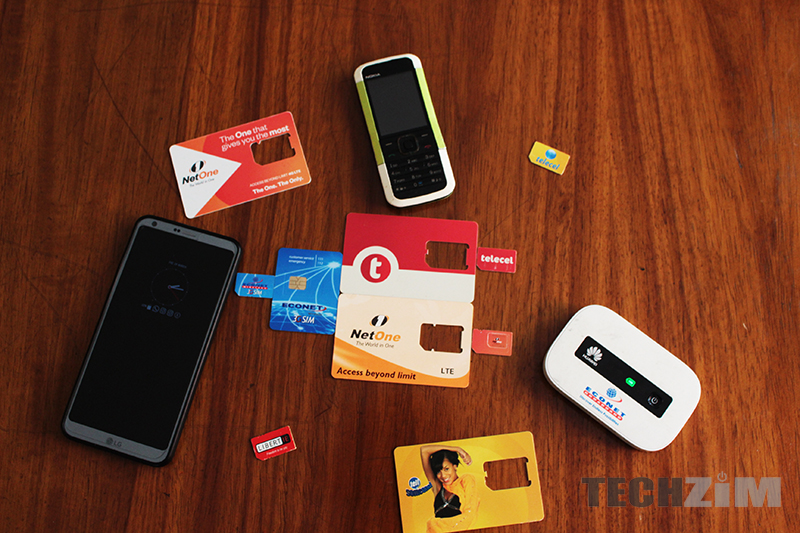Last week fierce rivals, Econet and Netone entered into a long awaited deal that will see the Mobile Network Operators share their infrastructure.
Its a deal that the government, POTRAZ and just about every consumer had been wishing and praying for to happen. And now it has finally happened. Infrastructure sharing was a bone of strong contention between MNOs and POTRAZ and Government since 2014.
Econet ,in particular, was infamous for stalling the deal whilst other MNOs were more than willing to share their relatively few (and inferior) infrastructure. Government even came to a point where it even drafted a Statutory Instrument to legally enforce Econet to share its enviable infrastructure but that never swayed Strive Masiwa’s company to give in.
Econet never disregarded the idea of sharing infrastructure with its rivals. But its argument was that it only had to be done in the instance that MNOs would have invested in infrastructure in different geographic regions so sharing infrastructure was sensible since it would avoid infrastructure duplication. This was just one of many arguments Econet had against infrastructure sharing.
But now the two MNOs (where the hell is Telecel?) have managed to come to an agreement to work together. Speaking about this development, Econet CEO Douglas Mboweni said:
We are happy to have signed this agreement, something we have wanted to do in a very long time. We consider this to be a very fair arrangement and believe it represents a giant step in our collective endeavour to bring connectivity and ICT services to all Zimbabweans.
Netone’s CEO Mr Lazarus Muchenje, who probably was the happiest of all, had this to say about the deal:
This agreement allows NetOne and Econet to optimise the utilisation of scarce foreign currency as it eliminates the duplication of infrastructure. This is a watershed agreement which supports Vision 2030 which is to create a middle-income status economy.
What charmed Econet
Of course, the entire terms and conditions of the deal persuaded Econet to share infrastructure with its rival. One of the rumoured arguments Econet had against infrastructure sharing was the manner in which it would collect its rentals- it feared that it would have been difficult to get its money. But I’m sure its happy with the arrangement it has come up with to get its dues.
The insufferable problem of forex shortages played no small part also, as pointed out by Netone’s CEO. Econet and many other companies in Zimbabwe are being adversely affected by forex shortages such that its affecting their service delivery. So sharing infrastructure reduces the amount of forex Econet and Netone have to fetch and spend to build new infrastructure- they will just use each others’ infrastructure instead.
I would like to believe that Econet is well-intentioned such that it would want to see more people (previously not having access to mobile network services) accessing mobile network services. And also they would want everyone to afford their services through lower prices. These two feats can all be theoretically be achieved when MNOs share their infrastructure. So perhaps with those aims in mind that’s why Econet has finally agreed to enter into an infrastructure sharing agreement with Netone.

One response
While that is an interesting and exciting story, was wondering is there hope for VNO’s(virtual network operators) in Zimbabwe and do you think it would help make internet more affordable to even more people?